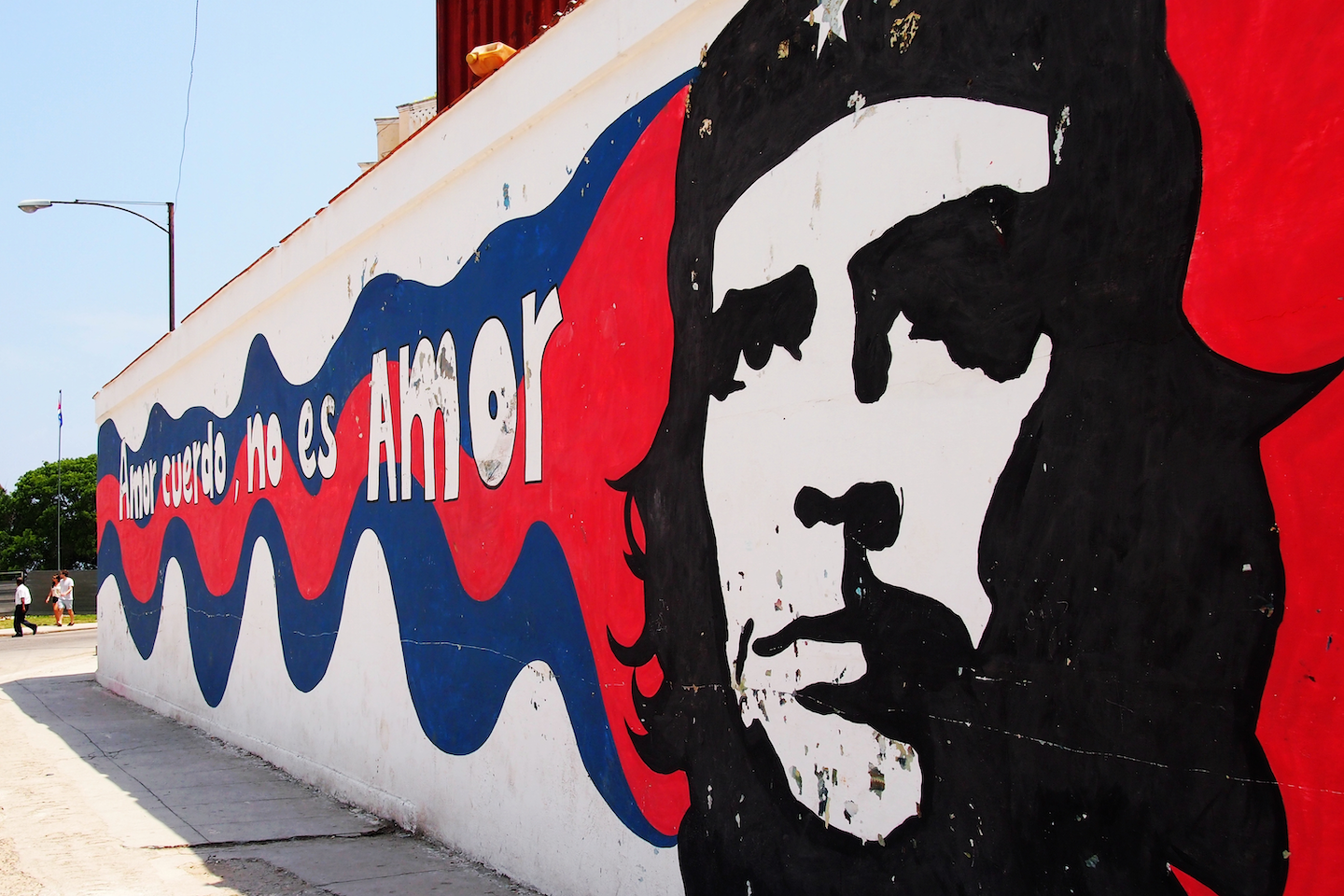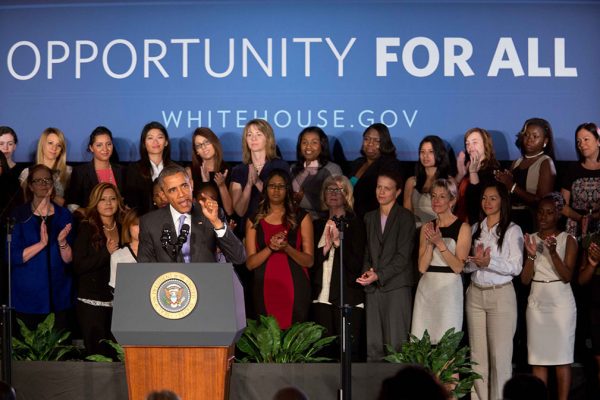The word “love” does not appear in Mie Inouye’s reflections on the meaning of solidarity, but consider these words of Che Guevara in 1965:
At the risk of seeming ridiculous, let me say that the true revolutionary is guided by great feelings of love. It is impossible to think of a genuine revolutionary lacking this quality. . . . We must strive every day so that this love of living humanity is transformed into actual deeds, into acts that serve as examples, as a moving force.
For Guevara and other twentieth-century revolutionaries, solidarity was an act of love, understood not as eros, agape, philia, or storge but rather as radical responsibility: an unyielding commitment to eradicating the inhumane, forged in political insurgency.
Inouye offers a different perspective. For her, solidarity consists in the ability of comrades—many unsure of their reasons for showing up—to dislike or even hate each other even as they work toward a common end. In this vision, the focus is on belonging and belief (what she understands as “ideology”), not collective action and political struggle. We are invited not to love, nor to find the courage of radical commitment, but to be humble and to embrace dissent.
I think Inouye arrives at this solution because she misidentifies the problem. She has two main targets. First is the compromised form of solidarity the Mormon church offered her family in the wake of their internment, based on the willingness of a comparatively powerful and established entity to charitably include a dispossessed group and the alacrity of the beleaguered to assimilate to the status quo. Second is what philosopher Olúfẹmi Táíwò calls “deference politics”—uncritical genuflection to a particular group based on their standpoint and experience of oppression. The two examples are related: deference to the supposed expertise of the oppressed, like “solidarity” based on top-down inclusion and bottom-up compliance with reigning ideology, demands uncritical unity. By engaging Nathan Duford’s work and Fred Moten’s interpretation of the original Rainbow Coalition, Inouye proposes that we embrace productive conflict and the ability to “express our frustrations, disagreements, and anger with the intent of moving toward a shared goal.”
Unlike Inouye, I do not think that demands for unity are the most pressing obstacle to solidarity. What solidarity tends to back is active commitment—that is, collective action and concrete objectives to the end of structural transformation. This is the essence of love as radical responsibility. In this way, unity—not as uncritical acquiesce, but as the willingness to struggle together toward a common liberatory end—will play an inevitable and essential role alongside conflict and debate in collective action.
I have identified this form of solidarity in a range of contexts: organizations such as the Sojourners for Truth and Justice, founded by radical Black women to challenge anti-Black state repression and the Korean War, and the Council on African Affairs, a collective aimed at eradicating colonialism and imperialism in Africa; campaigns like those to exonerate W. E. B. Du Bois and the Peace Information Center, who were indicted as agents of a foreign power because of their peace work, and to circulate the We Charge Genocide petition, submitted to the United Nations in 1951, accusing the United States of the genocide of African Americans under the UN’s own definition; and grassroots challenges to state repression, from the Smith Act of 1940 to the McCarran Act of 1950, which aimed at severely curtailing the civil rights and liberties of political minorities—especially members of the Communist Party—and under which Claudia Jones was deported from the United States in 1955. All these examples exhibit a kind of radical unity and collective responsibility in action.
Running through all these examples is what I have called “mutual comradeship,” a set of anticapitalist and antiracist practices developed by radical African descendants in struggles on behalf of the racialized, colonized, and oppressed—and in the face of protracted antiradical state repression. Its foundations are collaboration, reciprocal care, and learning in community rooted in organizing, movement building, collective self-defense, and guerilla scholarship—what Walter Rodney describes as knowledge work rooted in the exigencies of movements and peoples’ struggles. As an expression of love as radical responsibility, mutual comradeship guides activism and organizing in the Black radical tradition and helps to bridge strategic unity and productive conflict. It does all this in specifically political circumstances, with a specific political goal: the process of envisioning and striving to build a world beyond racial capitalism and imperialism—and of weathering the inevitable backlash for doing so.
Moving beyond shared ideology, mutual comradeship is simultaneously an ethical, epistemological, and political practice of solidarity. Ethically, it emanates from the guiding principle of courage—the willingness to place oneself at risk for the betterment of others and shared values of cooperative social activity, a common conception of social transformation rooted in the eradication of racial capitalism, and the establishment and maintenance of expectations and standards through consistent struggle, debate, criticism, and self-criticism. These ethics are in the service of protecting, preserving, and valuing not only movements and organizations, but also each other.
Mutual comradeship also constitutes what the late philosopher Charles Mills calls an “alternative epistemology” whereby those in subordinated groups develop critical perspectives on the social system. The epistemological practice of mutual comradeship overcomes the illusory perceptions of hegemonic groups through the difficult work of challenging structural oppression and combating the antagonistic relations it promotes even among fellow travelers. This practice also illuminates and clarifies relations of subjection and presents a liberating vision of society to cultivate a shared understanding of what is to be done.
In terms of politics—the means by which we contest and vie for power, resources, and the ability to collectively organize our lives on our own terms—mutual comradeship employs activism, organizing, movement building, and institution making to cultivate solidarity against the hegemony of racial capitalism. The ultimate aim is to overthrow the existing order to forge peaceful and humanizing social relations—locally, nationally, and internationally. Mutual comradeship also entails what we might call practices of “legacy maintenance”—including archiving, commemoration, public remembrance, and truth telling—predicated upon the enduring commitment to, advocacy for, and protection of those who are erased, obscured, or silenced from popular memory. These practices keep past, present, and future in active dialogue.
Two complimentary expressions of mutual comradeship are particularly germane to our current moment. Audre Lorde advised in Sister Outsider (1984) that “unless one lives and loves in the trenches it is difficult to remember that the war against dehumanization is ceaseless.” Lorde elucidates that living and loving in struggle is the basis of reaching a common understanding all that crushes our humanity—and of relentlessly combatting it. But, as the Combahee River Collective described in 1977, our ability to wage political battle is inextricable from love of self and community. “We realize that the only people who care enough about us to work consistently for our liberation are us,” they wrote. “Our politics evolve from a healthy love for ourselves, our sisters and our community which allows us to continue our struggle and work.”
It is perhaps George Jackson, though, who spoke most urgently about revolutionary action as radical responsibility to the people, present and future, and as a crucible for the cultivation of love. “Settle your quarrels,” he insisted. “Come together, understand the reality of our situation, understand that fascism is already here, that people are already dying who could be saved, that generations more will die or live poor butchered half-lives if you fail to act.” If solidarity is the means by which we can and must confront the dire economic, political, and ecological challenges of our moment, then our historical task is as Jackson put it: to “do what must be done, discover your humanity and your love in revolution.”








